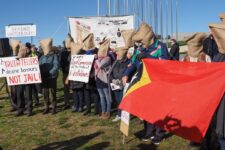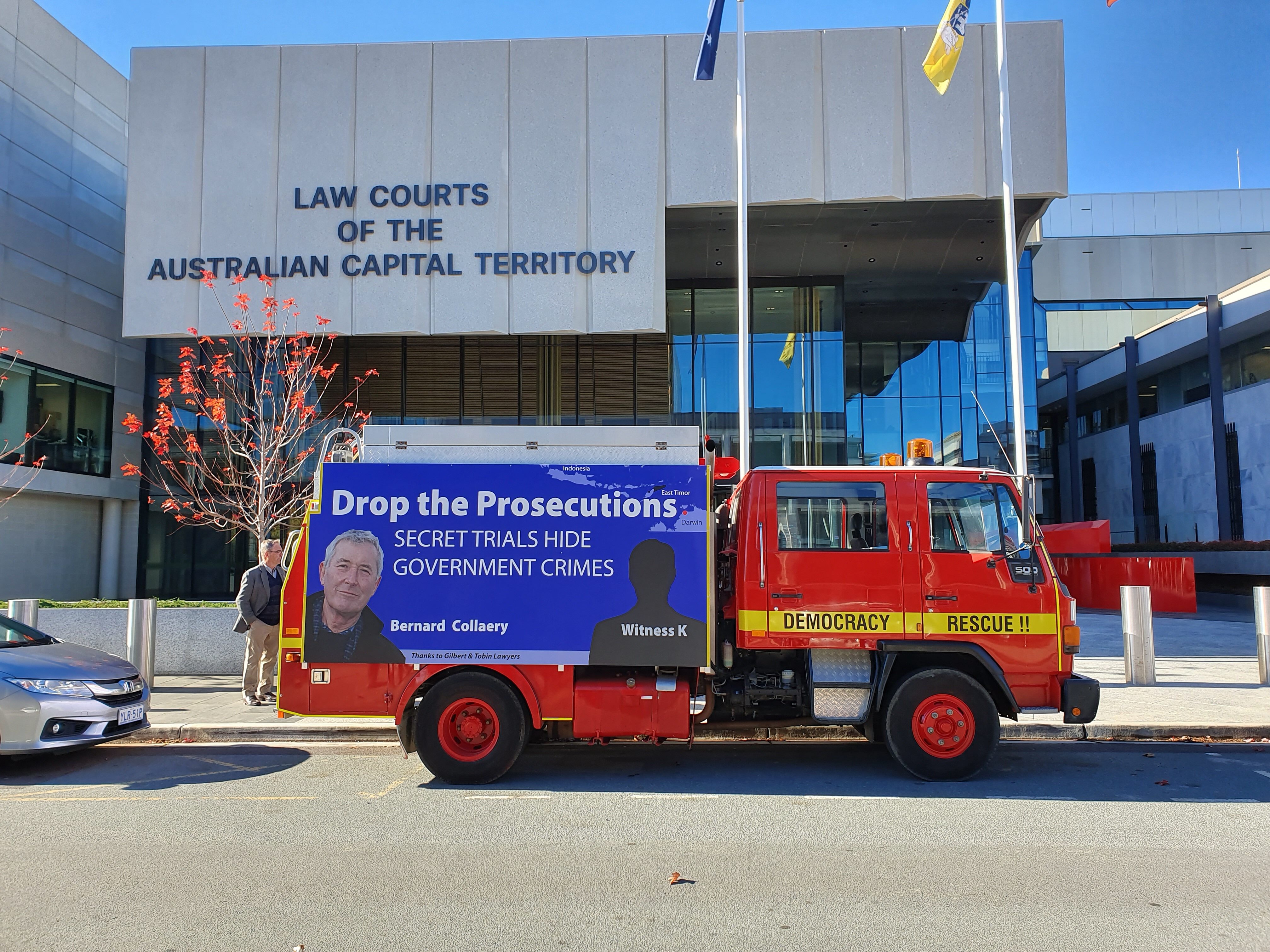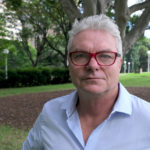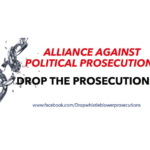Witness K Sentenced for Exposing Crimes of Australian Government

Former senior ASIS intelligence officer Witness K was given a three month suspended sentence on 18 June, after having plead guilty to revealing classified government information that he’d acquired via his employment with the nation’s chief foreign spying agency.
Witness K led a 2004 ASIS operation that saw listening devices secretly installed in the cabinet room of the newly formed and desperately poor nation of Timor-Leste, so that the Howard government could obtain information that gave it the upper hand in lucrative oil and gas treaty negotiations.
The alleged spying conspiracy was carried out under foreign affairs minister Alexander Downer to the benefit of Australian resource company Woodside, which the politician subsequently took a consultancy position with after he left parliament in 2008.
Downer’s Woodside role prompted Witness K to go public with the bugging operation. And these revelations saw ex-ASIS officer and lawyer Bernard Collaery charged in May 2018 with conspiring to reveal classified information under section 39 of the Intelligence Services Act 2001 (Cth).
As the pair’s alleged crimes were perpetrated prior to October 2014, the maximum penalty that applied was 2 years imprisonment. However, after that point, the Abbott government upped the penalty to 10 years inside, whilst it was on a roll of enacting a suite of terrorism laws.
Prosecuting truth-tellers
In 2008, Witness K contacted the Inspector General of Intelligence and Security regarding a dispute over an ASIS promotion. The inspector told K he could consult ASIS-approved lawyer Collaery in relation to his complaint, which included details of the bugging operation.
Collaery determined the bugging was unlawful and Witness K was set to testify at the Hague on behalf of Timor-Leste against the Australian government in 2013. And as this was about to happen, ASIO raided both their homes with Abbott government approval.
Yet, it wasn’t until a few months after Australia and Timor-Leste had renegotiated a new resources treaty in early 2018 that the Commonwealth Director of Public Prosecutions moved to prosecute Witness K and Collaery, with the approval of then attorney general Christian Porter.
After years of drawn out pressure, K eventually resolved to plead guilty to the charge he was facing in mid-2019.
In handing down his sentence last Friday, ACT Magistrate Glenn Theakston stated that there are good reasons for the laws that maintain secrecy around ASIS operations, however he also insisted that Witness K had been motivated by his desire to see justice.
Along with a three-month suspended sentence, K has also been placed on a 12 month good behaviour bond.

Creeping authoritarianism
Alliance Against Political Prosecutions co-convenor Kathryn Kelly remarked in an 18 June statement that the sentencing of K represents “a travesty of justice”.
However, K’s case is just the first in a number of similar vendetta-type proceedings being pursued by government, which have been dubbed the whistleblower prosecutions.
Collaery, as one of those targeted, has vowed to fight his charges, while prosecutions against former ADF lawyer David McBride and ATO whistleblower Richard Boyle are still set to proceed.
A growing number of Australians, as well as outside observers, perceive these prosecutions as proof of an increasing shift towards authoritarian governance in this country.
In acting to punish Witness K and Collaery for exposing government crimes, former AG Porter for the first time ever invoked the closed court proceeding measures contained in section 26 of the National Security Information (Criminal and Civil Proceedings) Act 2004 (Cth).
Accompanying these political prosecutions are a multitude of draconian Coalition drafted and passed national security and migration laws, along with mid-2019 AFP press raids, which involved the ABC being targeted for publishing details of the war crimes exposed by McBride.
“I gave frank and fearless advice, and the response was I’ve been charged with conspiracy,” Collaery told Sydney Criminal Lawyers in April last year. “That probably means I’ve been conspiring with clients for 40 years. That’s what it amounts to,”
“As far as I am concerned, the charge against K means that it’s a crime to report a crime. Think about it. That’s Australia at present.”







